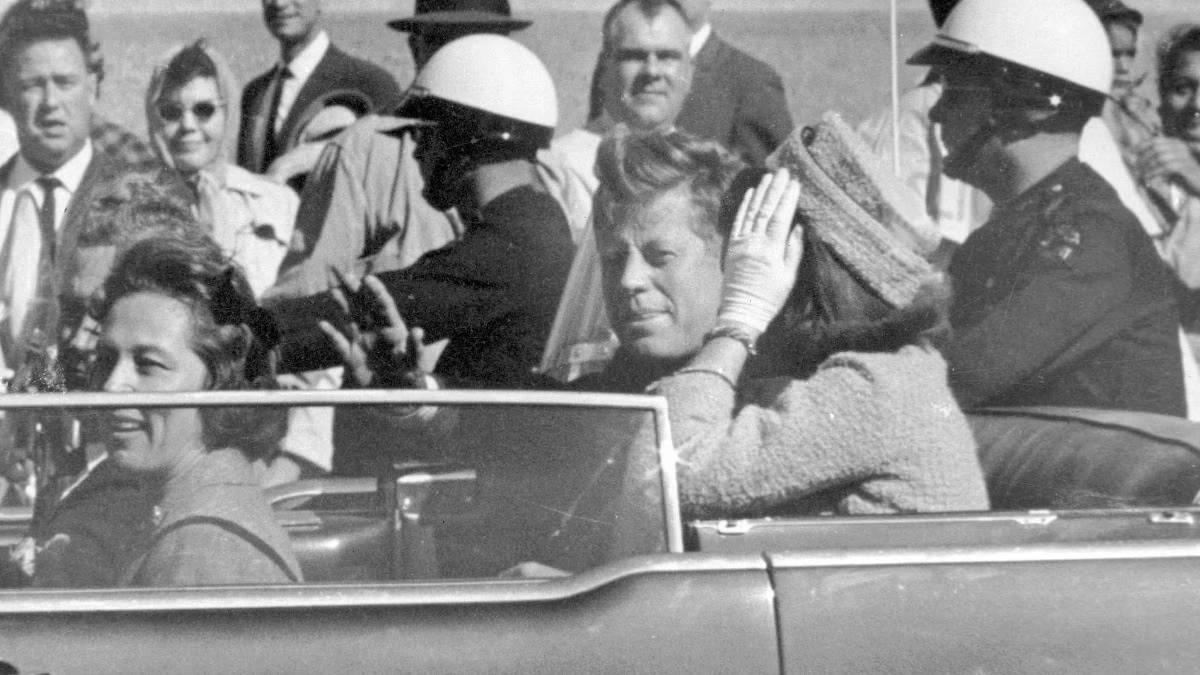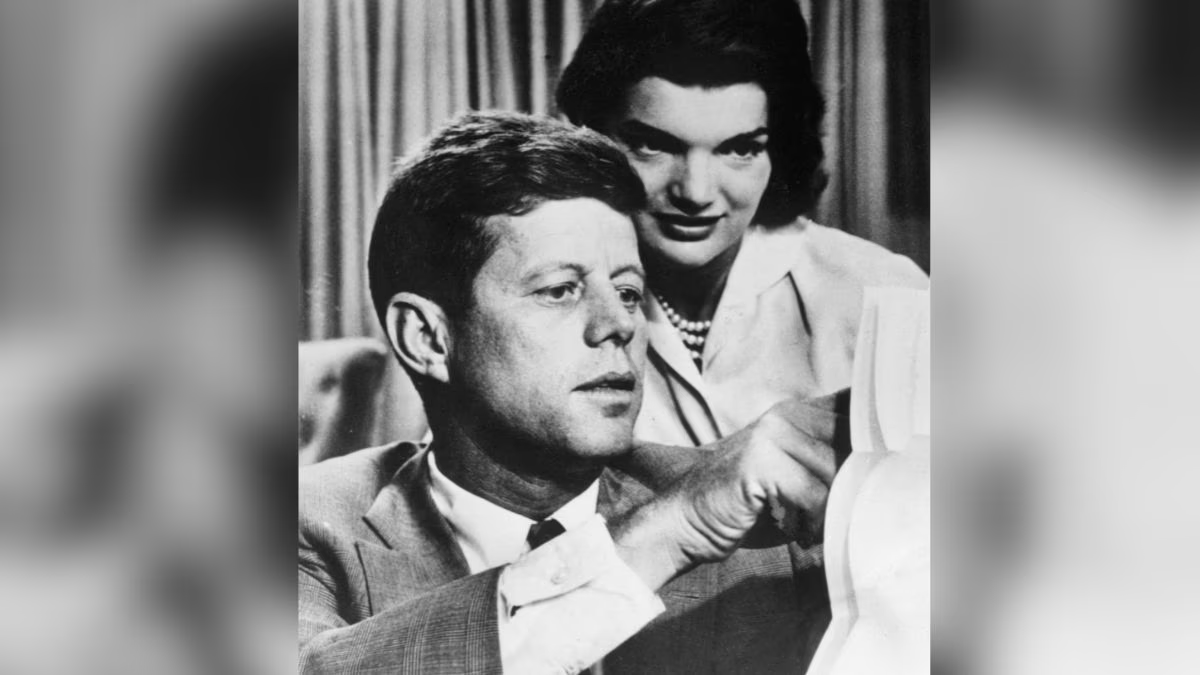
Source: aajtak
On November 22, 1963, President John F. Kennedy was tragically assassinated in Dallas, Texas. At that fateful moment, he was traveling in an open-top vehicle alongside his wife, Jacqueline Kennedy, the Governor of Texas, John Connally, and his wife. The city of Dallas was abuzz with anticipation as crowds gathered to catch a glimpse of the charismatic leader.
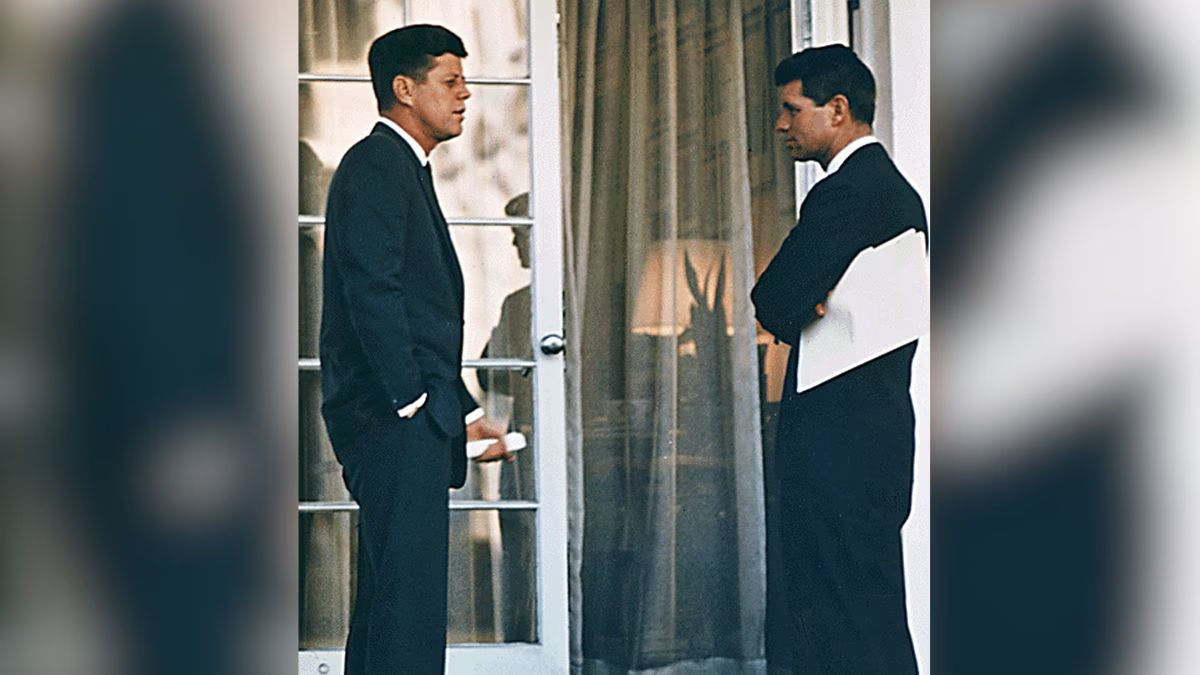
Source: aajtak
At 12:30 PM, as the motorcade passed the Texas School Book Depository building, tragedy struck. Shots rang out, and the world was shook. Allegedly, Lee Harvey Oswald fired three shots from the sixth floor, gravely wounding both President Kennedy and Governor Connally. Sadly, Kennedy succumbed to his injuries. (Photo - AFP)
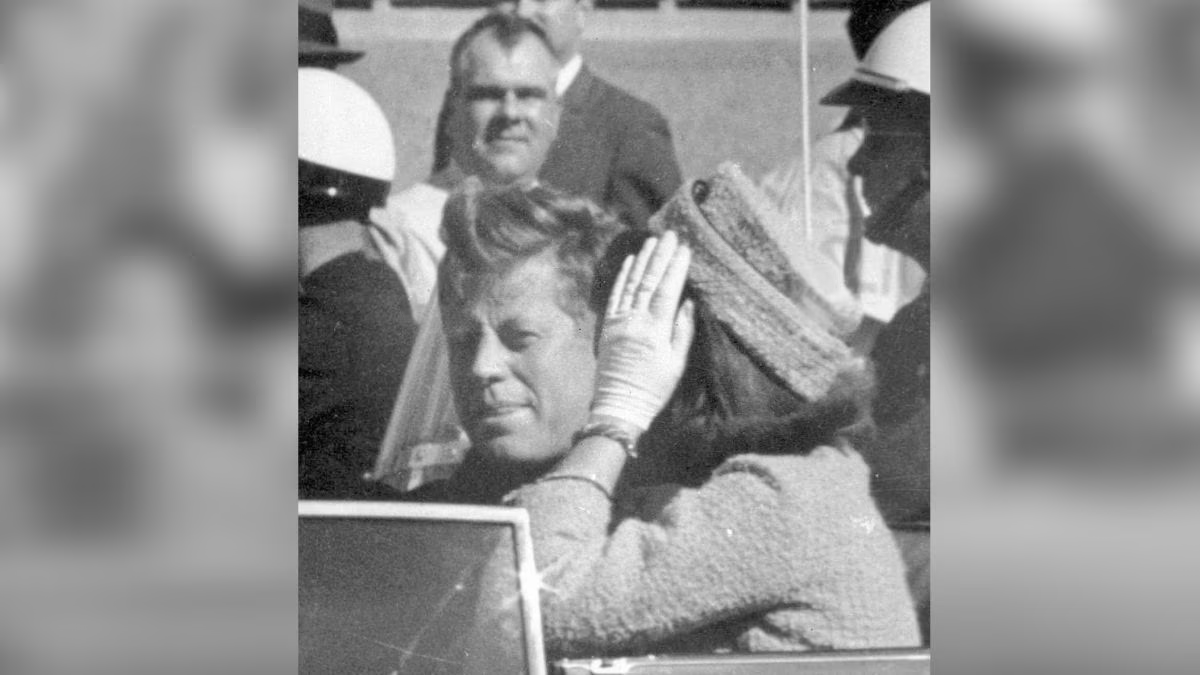
Source: aajtak
Less than an hour after the assassination, Oswald fatally shot a policeman who questioned him on the street. A half-hour later, he was apprehended in a movie theater, further deepening the mystery. (Photo - AP)
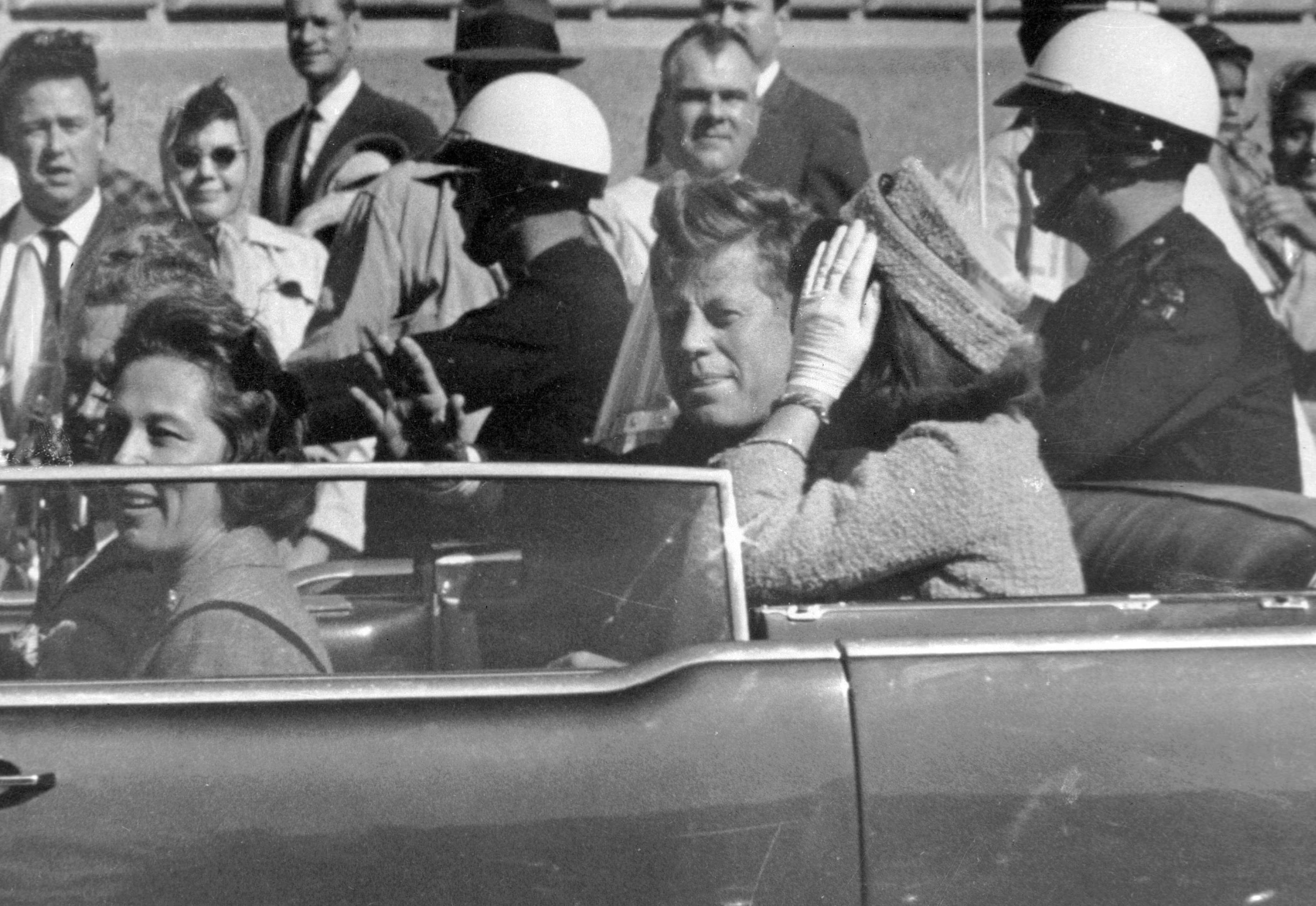
Source: aajtak
On November 24, while being transferred from the Dallas Police Headquarters to the County Jail, Oswald himself was shot by nightclub owner Jack Ruby, who claimed fury over the assassination prompted his drastic action. (AP)
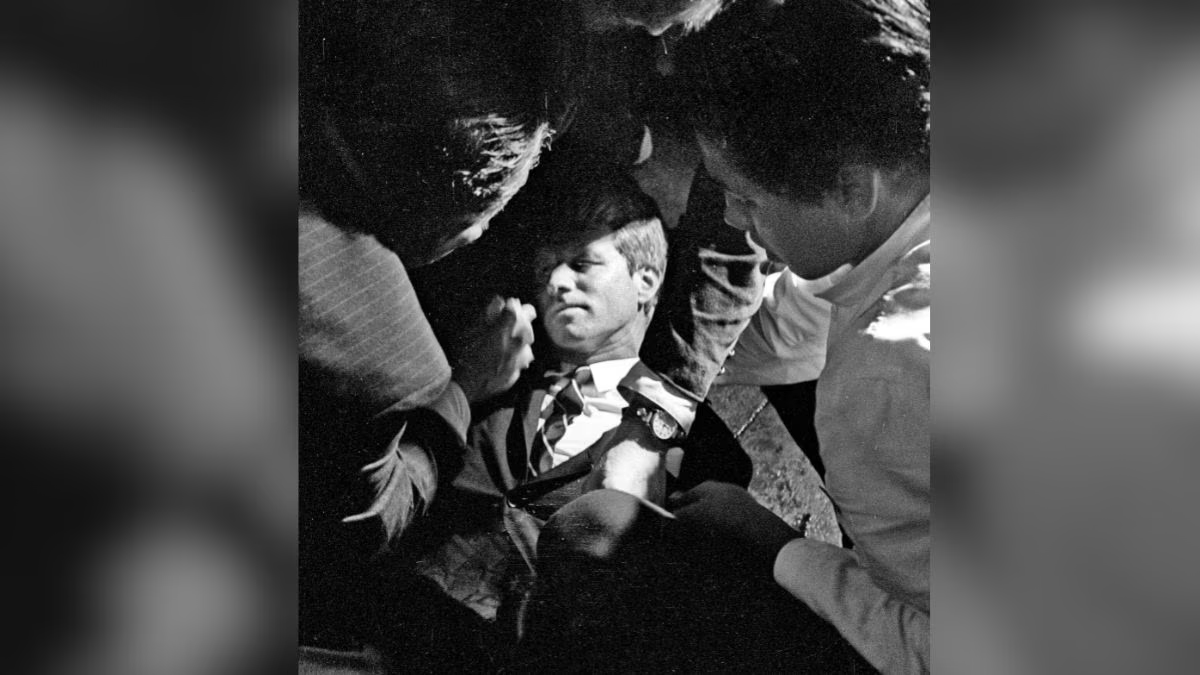
Source: aajtak
Following Oswald's death, investigations uncovered his ties to Russia and Cuba, raising more questions about his motives. However, as crucial evidence vanished and Oswald's testimony went unheard, doubts lingered. (Photo - Getty)
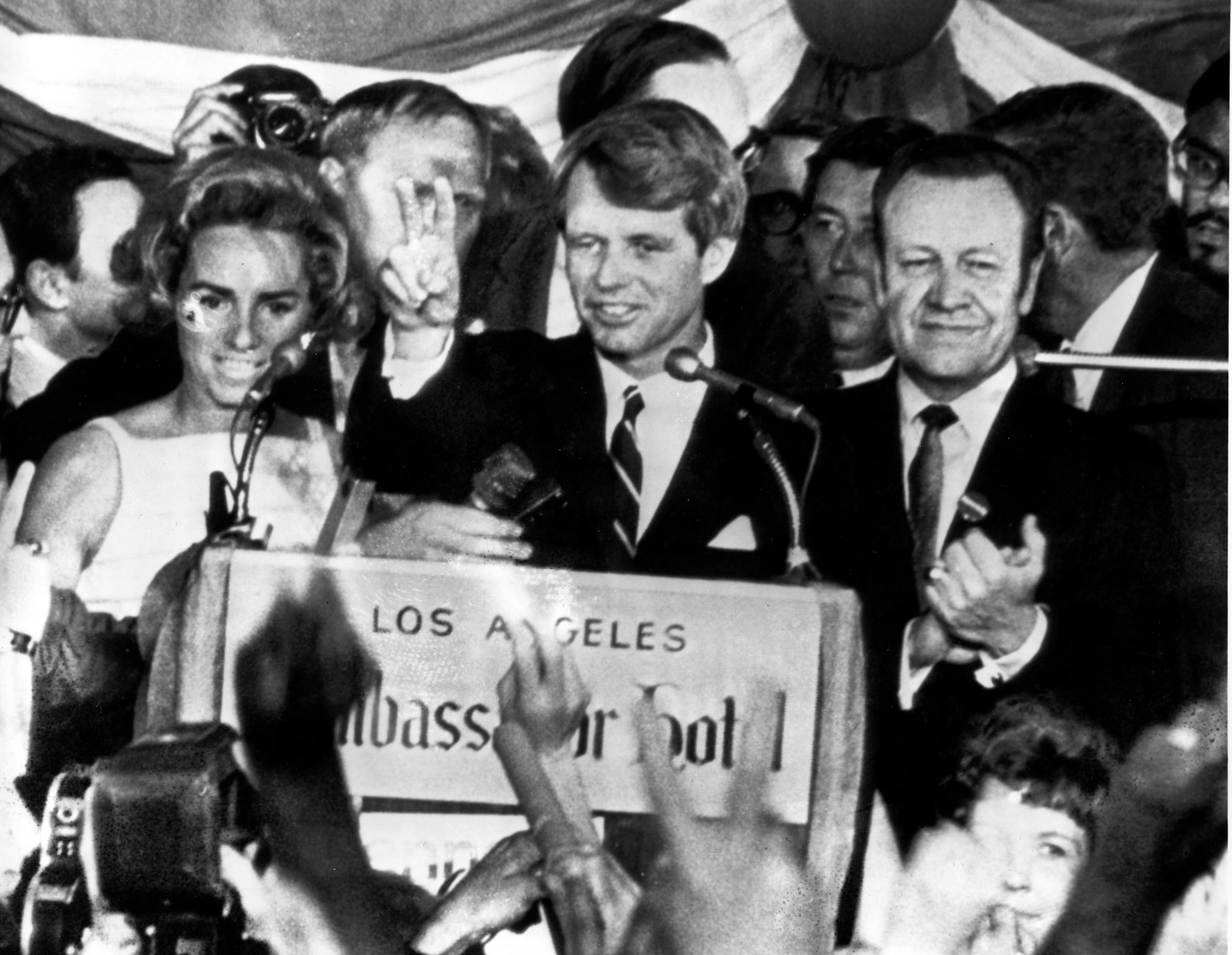
Source: aajtak
Ruby maintained he acted out of anger from Kennedy's murder. The 1964 Warren Commission asserted neither Oswald nor Ruby were part of a bigger conspiracy, yet public skepticism remained strong.
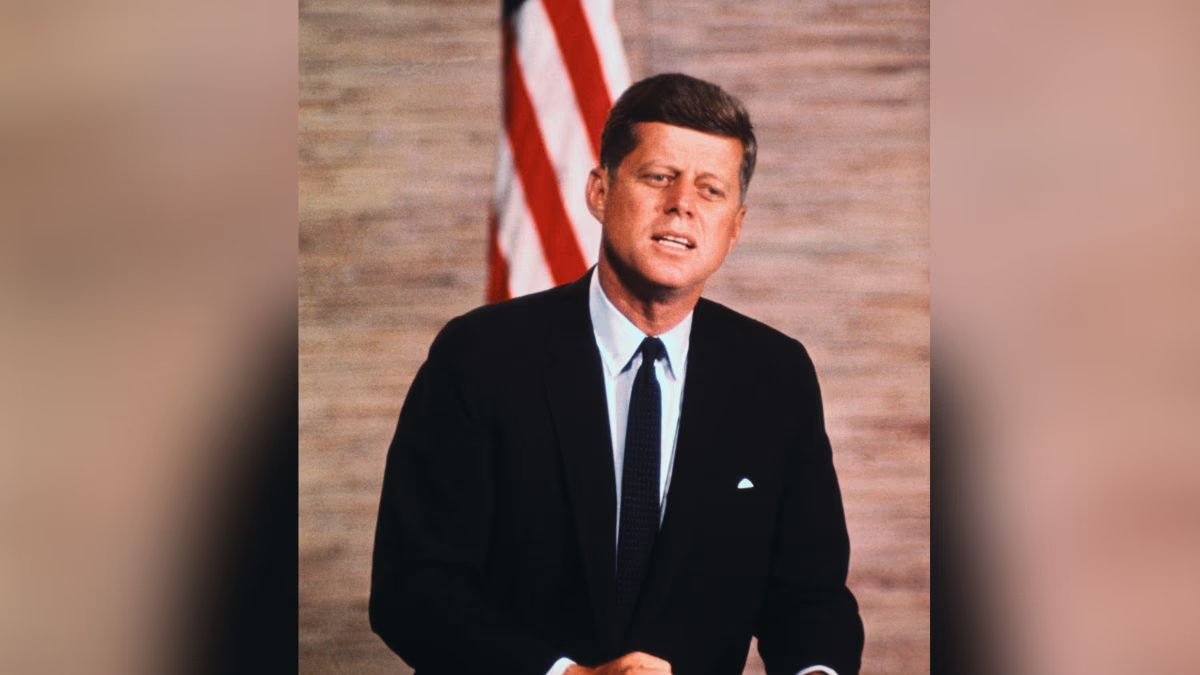
Source: aajtak
Despite official conclusions, conspiracy theories flourished. In 1978, a preliminary report from the House Select Committee hinted that Kennedy's assassination might indeed have been part of a larger plot. (Photo - Getty)
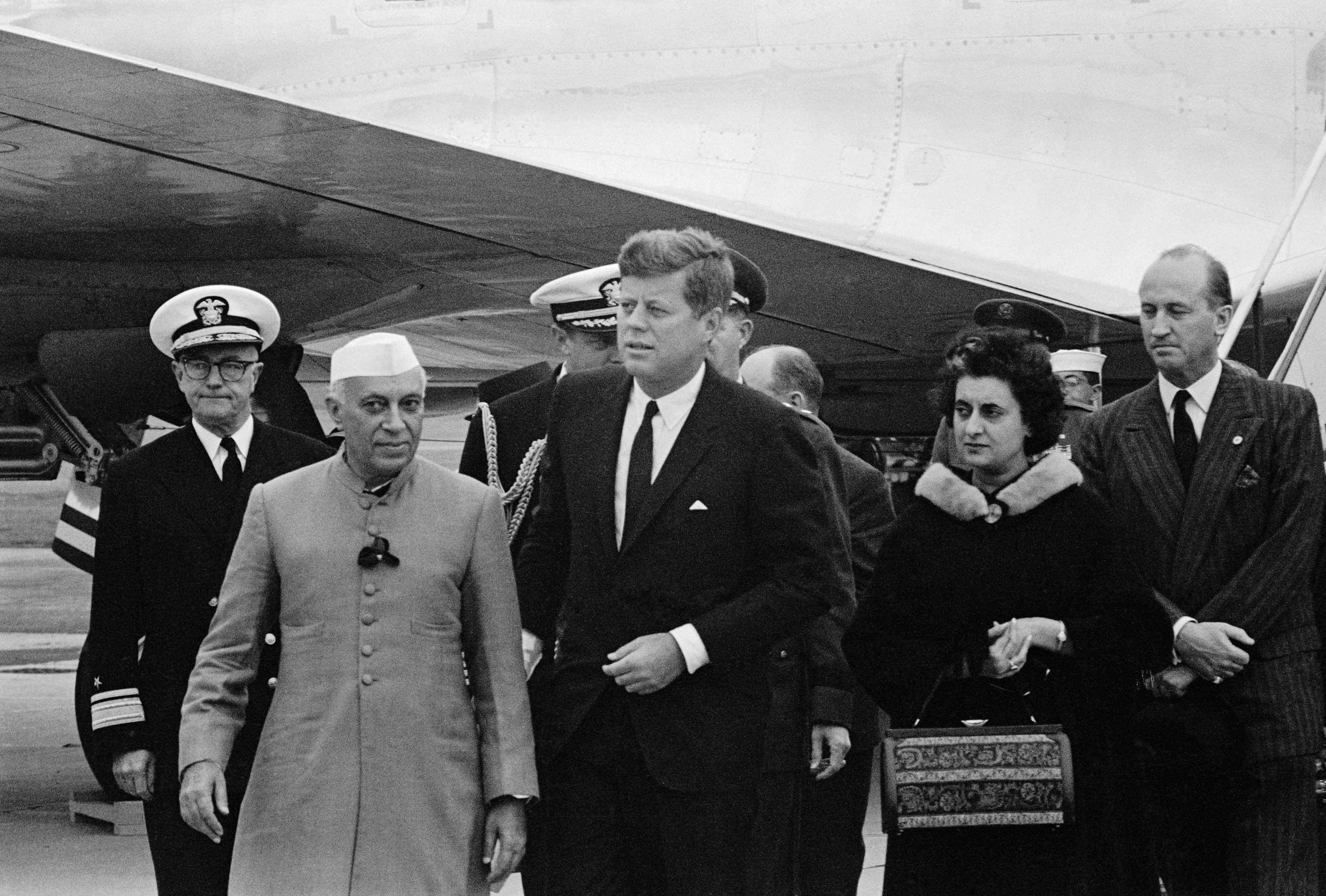
Source: aajtak
Ruby's actions were hotly debated, with many suspecting he silenced Oswald to keep a vast conspiracy hidden. Throughout his trial, Ruby denied such allegations, pleading innocence.
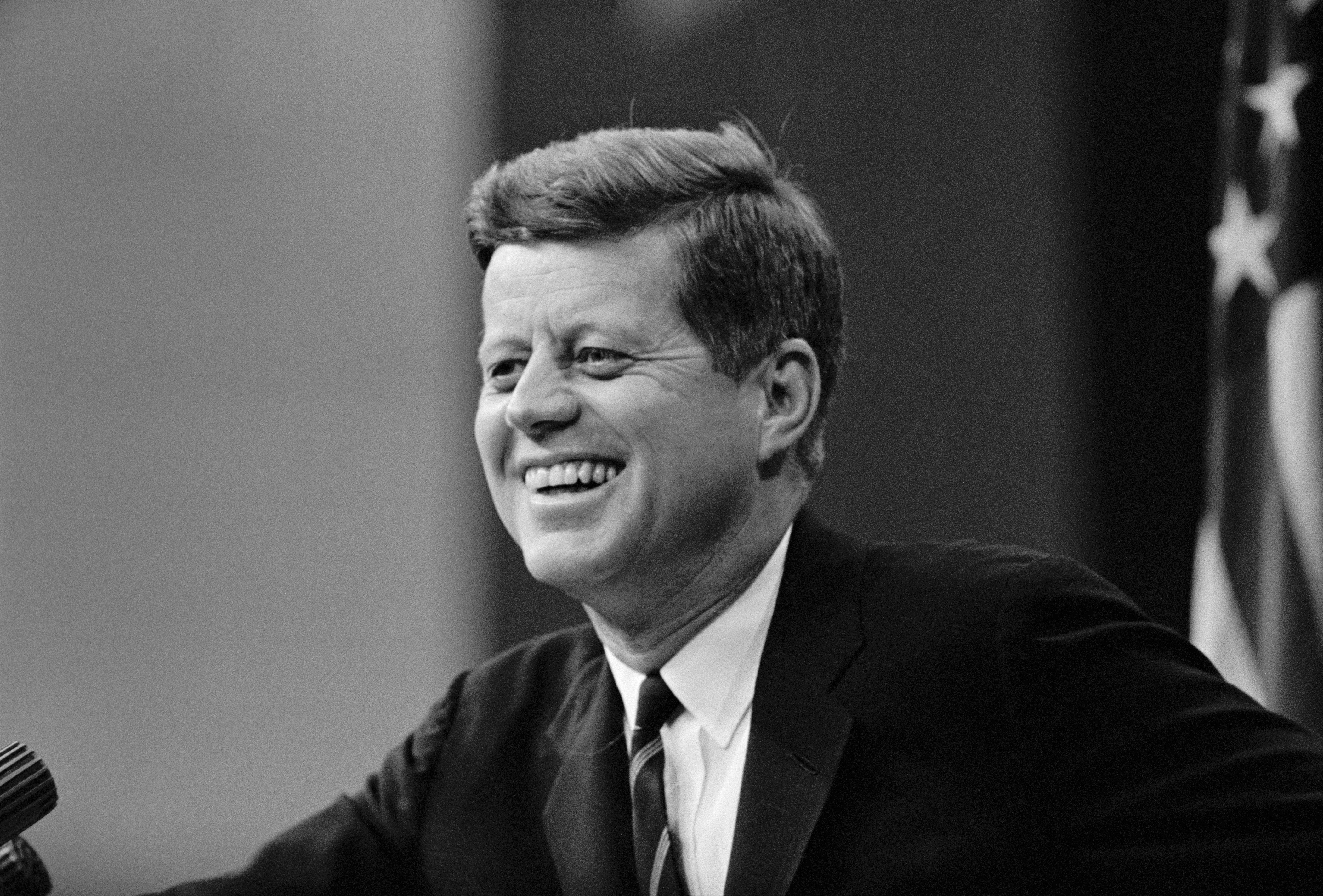
Source: aajtak
Ruby claimed deep sorrow over Kennedy's murder spurred his actions, citing 'psychomotor epilepsy' as his reason for firing unknowingly. Yet, a jury deemed him guilty of 'willful murder,' sentencing him to death. (Photo - Getty)
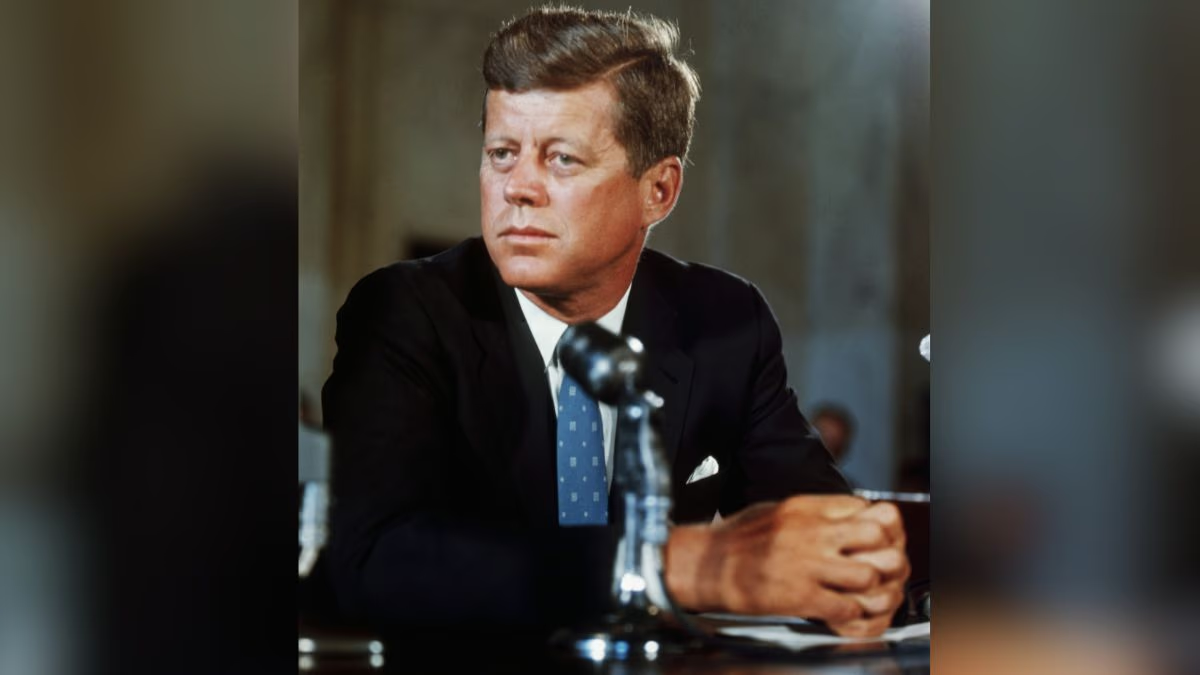
Source: aajtak
The assassination of JFK remains an enigma, with vanishing evidence and lost reports during investigative efforts keeping this great American conspiracy an unresolved puzzle. The public yearns for the truth behind what has become America's most gripping murder conspiracy. (Photo - Getty)
